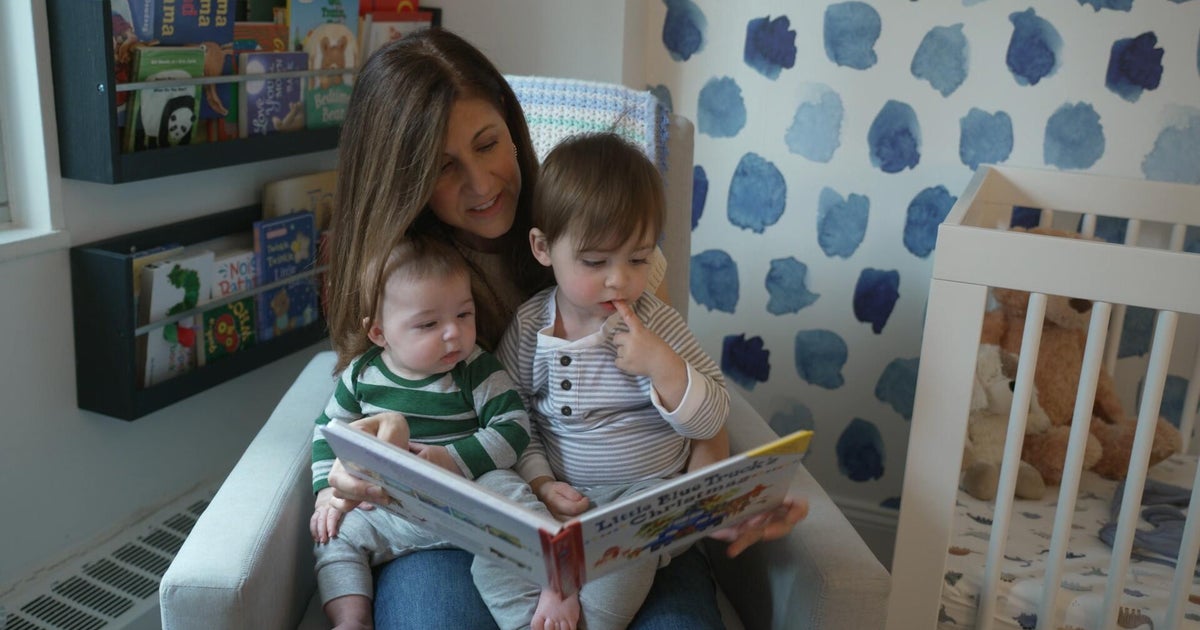Unlocking Choices: The Empowering Journey of Egg Freezing for Women
In an era where women increasingly prioritize education, careers, and personal growth, egg freezing has emerged as a groundbreaking option for preserving fertility. This medical procedure, formally known as oocyte cryopreservation, allows women to delay childbearing while maintaining the potential for biological parenthood. Clinics worldwide report surging demand, driven by advancements in technology and shifting societal norms. But what does this journey truly entail—and who stands to benefit most?
The Science Behind Egg Freezing: How It Works
Egg freezing begins with ovarian stimulation, where hormonal injections prompt the ovaries to produce multiple eggs over 10–14 days. These eggs are then retrieved via a minimally invasive procedure under sedation. After extraction, they are flash-frozen using vitrification, a rapid-cooling technique that prevents ice crystal formation, preserving cellular integrity. Unlike early slow-freezing methods, vitrification has boosted survival rates to 90–95%, according to the American Society for Reproductive Medicine (ASRM).
Dr. Elena Rodriguez, a reproductive endocrinologist at New York Fertility Specialists, explains: “Vitrification was a game-changer. Women today can freeze their eggs in their 20s or 30s and use them decades later with nearly the same success rates as fresh eggs.” However, success isn’t guaranteed. ASRM data shows that live birth rates per thawed egg range from 4–12%, depending on the woman’s age at freezing.
Who Chooses Egg Freezing—And Why?
While initially popular among cancer patients facing fertility-threatening treatments, elective egg freezing now dominates the market. A 2023 study in Fertility and Sterility found that 85% of U.S. fertility clinics reported increased demand from healthy women seeking to “pause the biological clock.” Common motivations include:
- Career advancement: 62% of women cite professional goals as a primary factor (Journal of Women’s Health, 2022).
- Financial stability: 45% prefer to achieve economic security before parenthood.
- Partner readiness: 38% await the right relationship.
Yet the decision isn’t without controversy. Sociologist Dr. Rachel Tan argues: “While egg freezing offers autonomy, it also reflects systemic issues—like workplace policies that force women to choose between careers and families.”
Financial and Emotional Considerations
The average cost of egg freezing in the U.S. ranges from $10,000–$15,000 per cycle, excluding annual storage fees ($500–$1,000). Only 19% of employers cover the procedure under insurance, leaving many to shoulder the expense. Some clinics offer financing plans, but the financial burden remains a barrier.
Psychologically, the process can be a double-edged sword. A 2021 Harvard study found that 74% of women felt relieved after freezing, yet 41% reported anxiety about future outcomes. Support groups and counseling are increasingly integrated into fertility clinics to address these emotional complexities.
Ethical and Social Implications
As egg freezing gains traction, ethical debates intensify. Critics question whether the industry overpromises results, while advocates highlight its role in gender equality. Meanwhile, countries like Spain and Singapore now subsidize the procedure, framing it as a public health priority.
Looking ahead, researchers are exploring ways to improve accessibility and success rates, including artificial intelligence to select the healthiest eggs. For now, though, the technology remains a powerful—if imperfect—tool for redefining reproductive freedom.
Next Steps for Women Considering Egg Freezing
Experts recommend consulting a fertility specialist by age 32 for optimal results. Key questions to ask include clinic success rates, personalized hormone protocols, and long-term storage options. For those ready to explore further, request a consultation with a certified reproductive endocrinologist to discuss tailored pathways.
Egg freezing isn’t a guarantee, but for many women, it’s a lifeline—a chance to shape their futures on their own terms. As technology evolves, so too will the conversations around choice, empowerment, and what it means to plan a family in the 21st century.
See more WebMD Network



